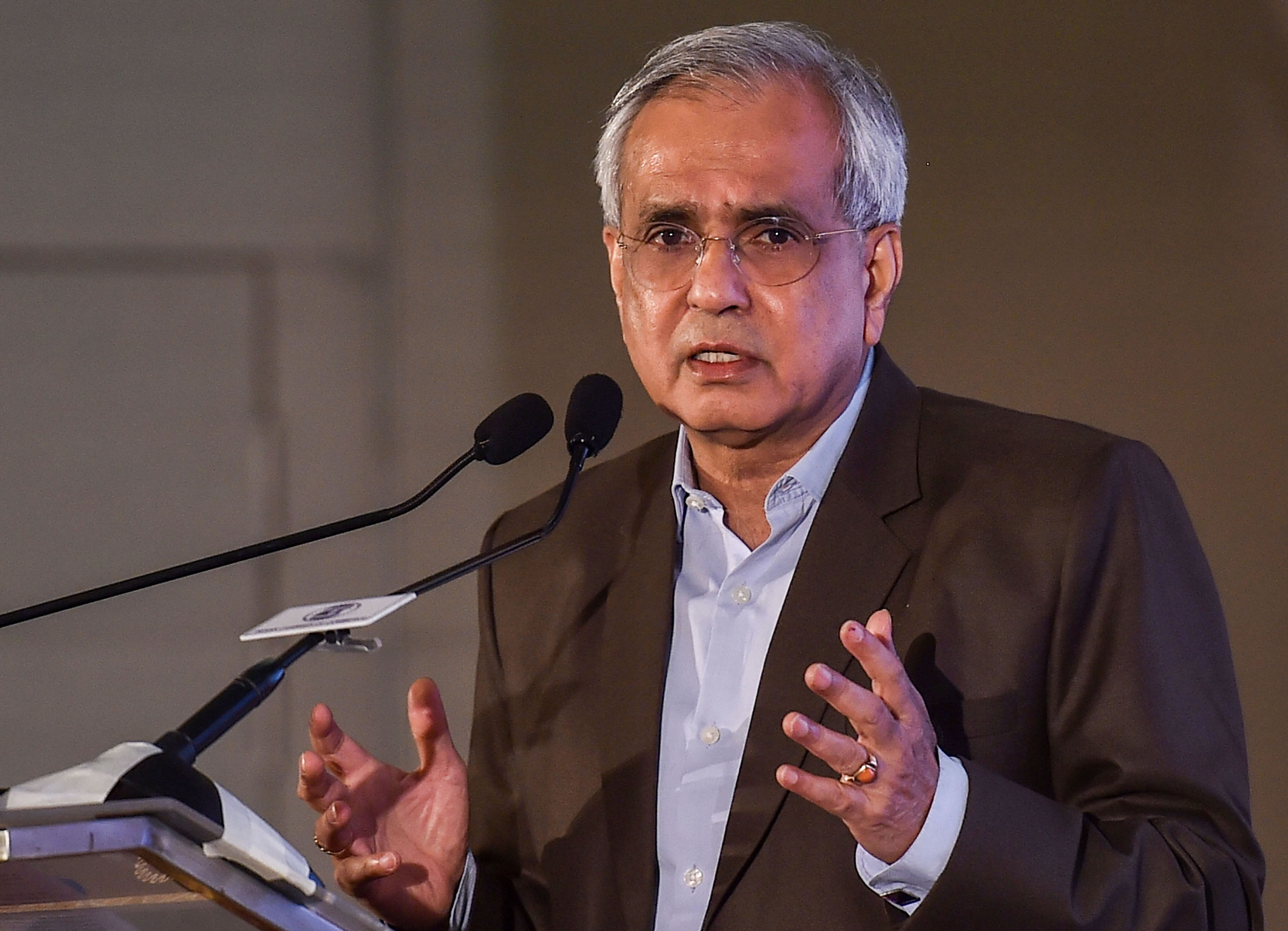
Niti Aayog Vice Chairman Rajiv Kumar on Thursday said India's informal sector is too large and more needs to be done for workers employed in the segment, including giving them social security cover.
"We have too large informal sector (93 per cent of our workforce) in our economy where workers have no social security. This informality of our workforce has to be brought down. "
Time has come to do much more (for informal sector workers) than just signing ILO treaties," he said at an event organised by Bennett University's Times School of Media.
Citing the recent example of thousands of migrant workers trying to rush back home after the imposition of the coronavirus lockdown, Kumar said, "Otherwise, we won't be able to control migrant labour which went out of cities recently... Putting in place social and medical security net is critical for all of us."
Talking about medical education, the Niti Aayog vice chairman said India will have to devote a lot more resources for research in the field. "We need to get our act together... we need to revamp our public health system. We need to reduce cost of medical education. We don't need to over-specialise our medical professionals," Kumar emphasised.
"We have... neglected traditional medical disciplines like Ayurveda very very badly," he added.
Kumar also said he hopes there will be enough resources available with the public authorities to deal with emergency situations.
"For example, NDMA should have enough funds for this contingency...because disasters will happen, pandemic is a form of disaster and it needs much more bigger planning," he said.
Speaking at the event, former chief economic advisor Arvind Virmani said the economic effect of the current lockdown is at 2.8 per cent of GDP. Former finance secretary Subhash Chandra Garg said sectors like mining, manufacturing, construction, infrastructure, travel and tourism are badly hit.